May 5, 2024 | 11:41 GMT +7
May 5, 2024 | 11:41 GMT +7
Hotline: 0913.378.918
May 5, 2024 | 11:41 GMT +7
Hotline: 0913.378.918
On August 9, the Working Group 970 of the Ministry of Agriculture and Rural Development sent a document to the Working Group 970 of the Ministry of Industry and Trade on strengthening the inspection of agricultural materials in the context of the COVID-19 epidemic.
As stated in the document, the agricultural sector must ensure the prevention of the COVID-19 pandemic while maintaining and restoring agricultural production as well as avoiding disruptions of agricultural and food supply chains.
The disruptions of such chains will greatly affect the food needs of rural and urban people, the production of local farmers and the system of purchasing and processing food to serve domestic and export needs.
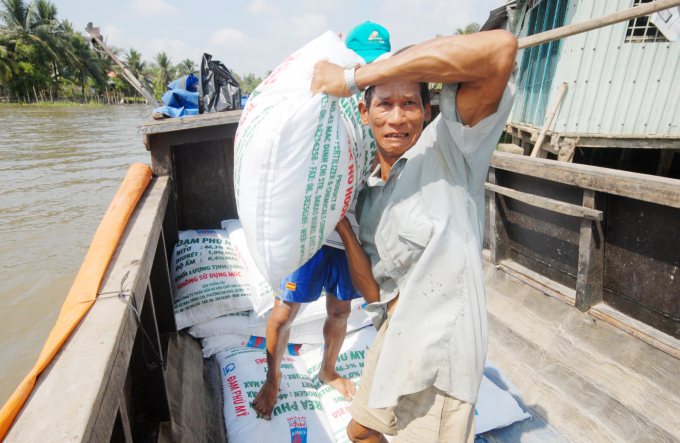
The Plant Protection Department affirmed that the fertiliser supply is sufficient to meet production needs from now until the end of the year, but in fact, the prices of many fertilisers have skyrocketed these days. Photo: LHV.
Moreover, it will affect the assurance of food supply, food for disease prevention and national food security in the long run.
In order to achieve the aforementioned goals, it is necessary to have appropriate solutions in the plans for cultivation, husbandry and aquaculture in the coming time.
According to the Working Group 970 of the Ministry of Agriculture and Rural Development, a programme to support plant varieties, livestock and aquatic breeds for production in the coming time should be built, with the aim to stimulate the production of crops, livestock and aquaculture, ensuring that the value chain is not broken.
The Department of Plant Protection has judged that the abundant supply of fertilisers and pesticides is sufficient for the production of the remaining summer-autumn crop and the 2021 autumn-winter crop.
In the context that the prices of domestic and imported fertilisers have increased by 50-73 per cent, there is a risk of trading in unqualified fertilisers, hoarding and increasing prices for profit.
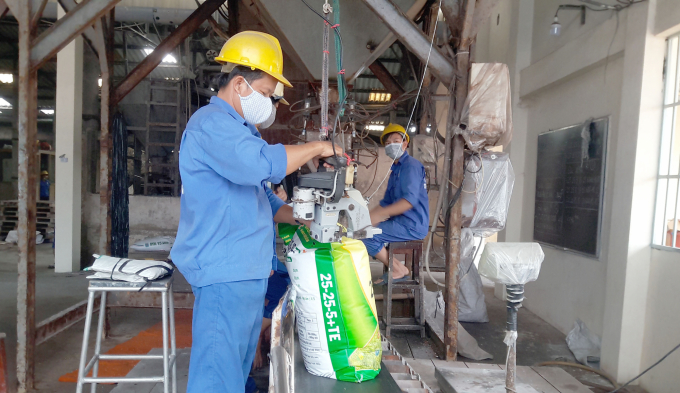
Working group 970 of the Ministry of Agriculture and Rural Development proposed localities and the Ministry of Industry and Trade to direct the inspection and review of fertiliser production and trading to prevent speculating and stockpiling of goods to make a profit. Photo: TL.
In order to contribute to stabilising prices of agricultural materials, preventing and combating the production and trading of poor quality fertilisers, pesticides
and especially fake fertilisers, working group 970 of the Ministry of Agriculture and Rural Development proposed that the Market Management Departments of the southern provinces perform a number of urgent tasks, specifically:
Regularly checking and reviewing stores dealing in agricultural materials (fertilisers, pesticides) to avoid speculating, stockpiling or creating artificial scarcity to make a profit.
Making a plan to coordinate with the Inspector of Plant Protection Department and members of the Provincial Steering Committee 389 to step up the inspection and comprehensive inspection of fertiliser production, trading and import-export activities in the southern provinces, ensuring that fertilisers have the quality and prices as regulated by the state.
In the context that the price of fertilisers has recently skyrocketed, the Director of the Chemical Department (Ministry of Industry and Trade) Nguyen Van Thanh said that the Department of Chemicals and the Department of Plant Protection have worked with businesses that are the major suppliers of fertilisers in the market to grasp the market supply and demand situation
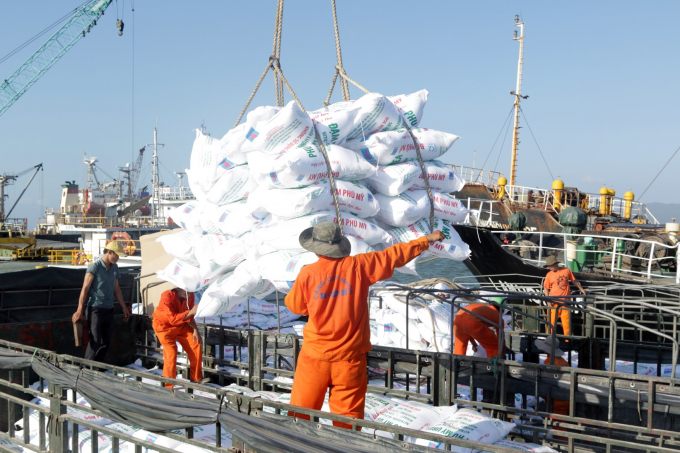
Some ideas have suggested stopping or limiting the export of fertilisers with appropriate regulations in order to stabilise their prices. Photo: TL.
They have also consulted relevant ministries and sectors, which will serve as a basis for reporting to the Government and Prime Minister for solutions to stabilize the fertiliser market.
Regarding some suggestions to suspend or limit the export of fertilisers, Thanh said that Vietnam is a WTO member and all acts of market intervention related to stopping or restricting exports violate the rules of WTO.
Therefore, a number of domestic fertiliser products that are in scarcity should have their exports limited but only by indirect measures. Any measures should be consulted by the Prime Minister before being taken.
Nguyen Van Thanh also revealed that today (August 11), the Ministry of Industry and Trade and the Ministry of Agriculture and Rural Development will meet to agree on the report to the Prime Minister on measures to stabilize the fertiliser market.
Meanwhile, according to the study of Vietnam Agriculture Newspaper, the prices of fertilisers on the world market have begun to show signs of cooling down in recent trading sessions.
Specifically, urea price has decreased by 10 - 15 USD/ton, currently 425 - 430 USD/ton; SA protein has decreased by 9 - 10 USD/ton, from 222 - 225 USD now to 213 - 215 USD/ton. Particularly the price of potassium is remaining stable at around 450 USD/ton.
In the domestic market, the major domestic urea producers such as Phu My Fertiliser and Ha Bac Fertiliser have had inventories and the prices of domestic fertilisers also started to go down since the beginning of August.
Translated by Luong Huong
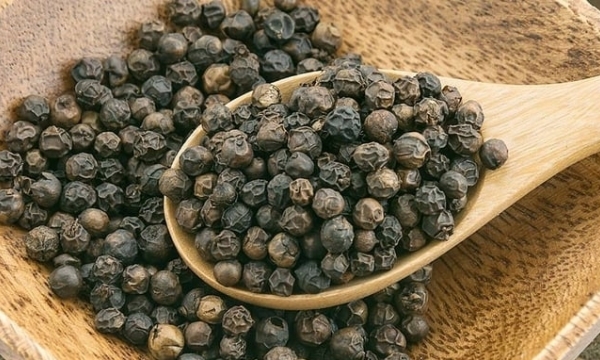
(VAN) Pepper prices on 05/04/2024 increased by VND 1,000. As a result, the domestic pepper price has reached the range of VND 100,000 - 101,000/kg.
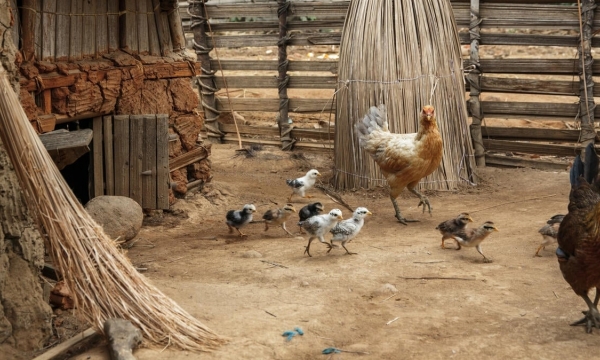
(VAN) Rising international quotations for meat, cereals and vegetable oils offset drops for dairy and sugar.
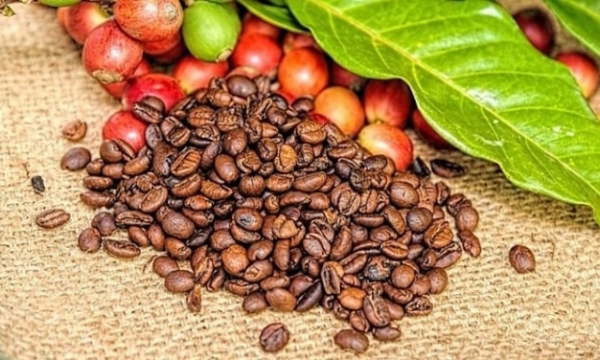
(VAN) Coffee prices on 05/03/2024 continue to plummet. Domestic coffee prices have dropped by up to VND 2,000, trading around VND 130,000 - 130,700/kg.
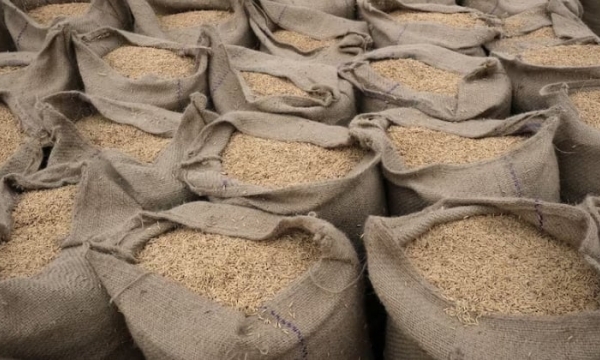
(VAN) India's 5% broken parboiled variety was quoted at $528-$536 per ton this week, down from last week's $538-$546. Prices hit a record high of $560 last month
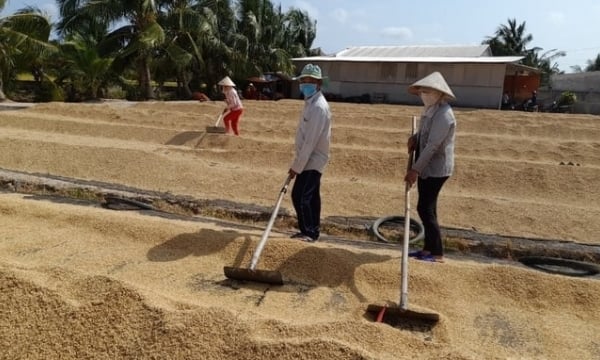
(VAN) This year's winter-spring rice in Tra Vinh is successful, with rice prices increasing by VND 2,000/kg compared to last year's winter-spring crop.
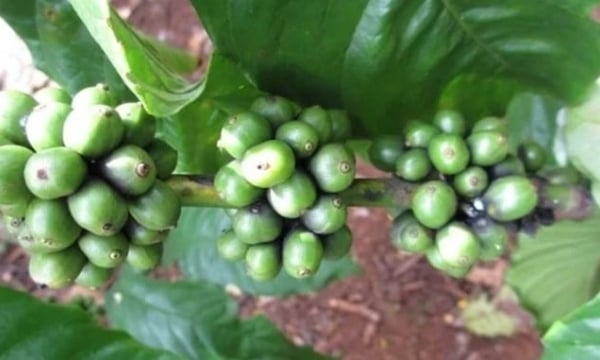
(VAN) Coffee prices on 04/25/2024 surged across the board. Domestic coffee prices increased by VND 1,600, trading between VND 131,500 - VND 131,500/kg.
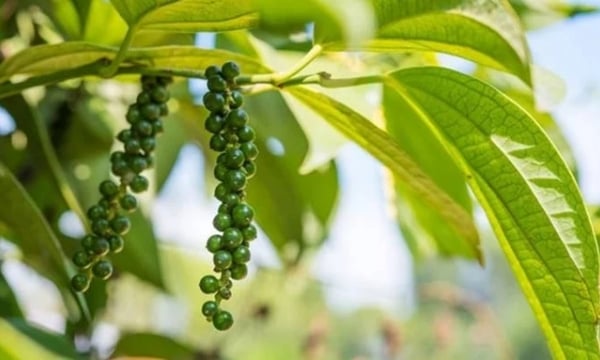
(VAN) Pepper prices in the domestic market fell by VND 1,500 on 04/25/2024, bringing the domestic black pepper price to around VND 96,500 - 97,000/kg.